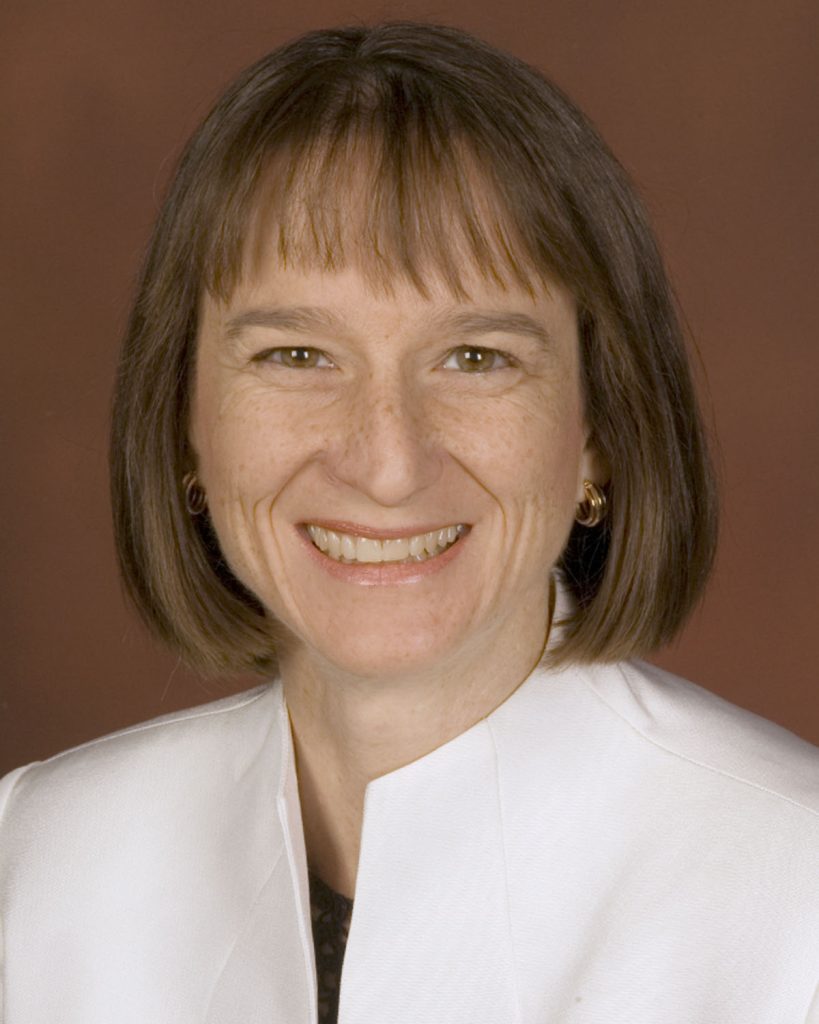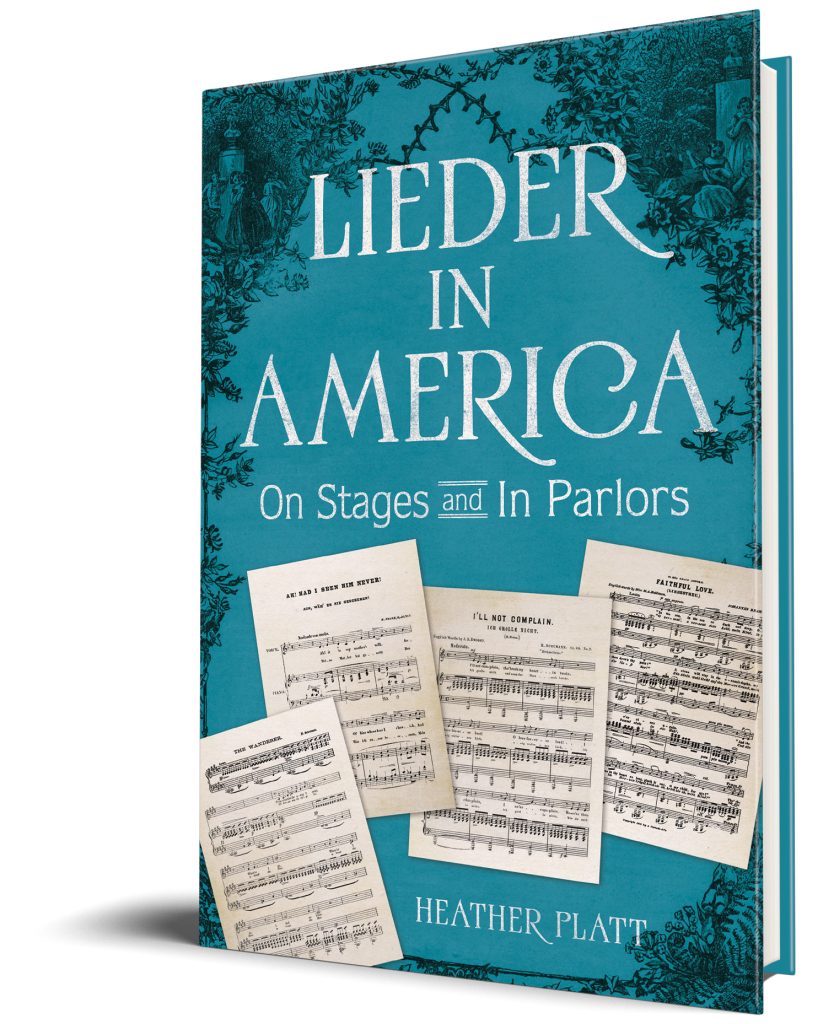Heather Platt, author of Lieder in America: On Stages and In Parlors, answers questions on her new book.
Q: Why did you decide to write this book?
Very early on in my research I became fascinated with the singers and pedagogues who advocated for the lied. Just as much as enjoying finding out what they were singing and where, I loved uncovering details of their lives and seeing how their passion for the genre fitted into their careers. Ultimately, I discovered how many of them were connected to each other, with many of the early advocates being associates of John Sullivan Dwight, a writer in Boston.
Q: What is the most interesting discovery you made while researching and writing your book?
There were many interesting discoveries. For instance, women patrons, including members of women’s clubs, played a significant role in the dissemination of lieder in America; similarly, the major New York music critics, some of whom were experts on opera and led the American adoption of Wagner, were also interested in lieder and edited anthologies of lieder. One of the most surprising discoveries was that based on current data, during the late 1890s American singers were giving more complete performances of lieder cycles than those in Europe.
Q: What myths do you hope your book will dispel or what do you hope your book will help readers unlearn?
Many people, including musicians and scholars, consider lieder a niche, esoteric genre, and whereas lieder recitals by world renown singers are still presented during the New York concert season, and are considered significant enough that they are reviewed by major newspapers, they are rarely, if ever, given in many other US cities. Because of the current situation people assume that earlier American concert goers were similarly not interested in lieder. But that is simply not true. By 1900, song recitals comprised mainly of lieder were exceedingly common, they were heard throughout the country, and the main performers were household names. These songs were also sung by amateurs at home who purchased English-language versions, often as sheet music.

Heather Platt is Sursa Distinguished Professor of Fine Arts and professor of music at Ball State University. She is the author of Johannes Brahms: A Research and Information Guide, second edition, and coeditor of Expressive Interactions in Brahms: Essays in Analysis and Meaning.

